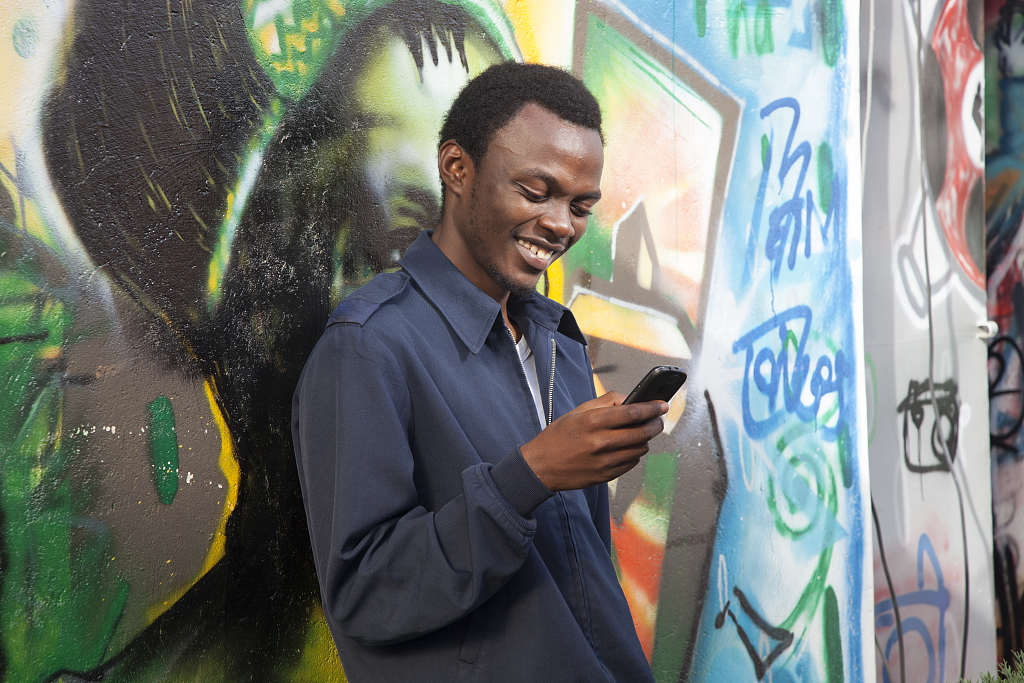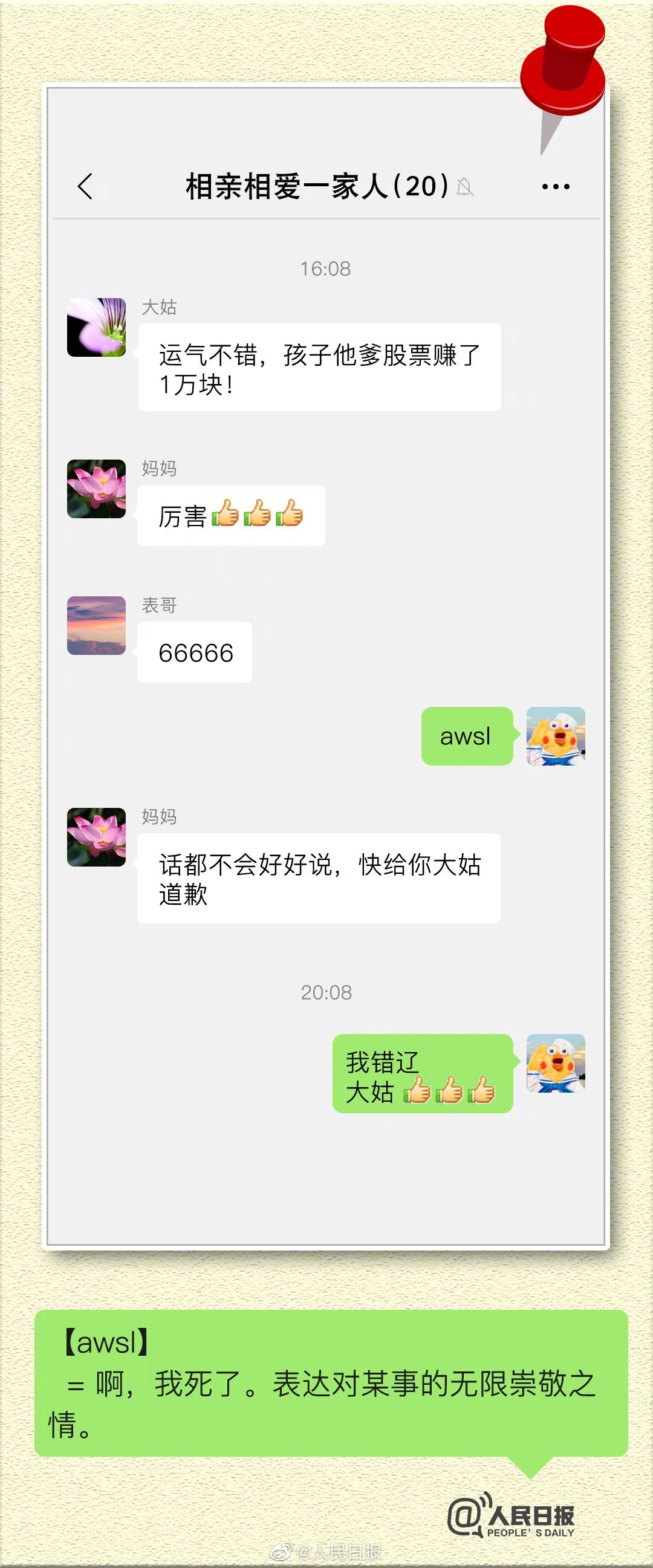On Wednesday, Beijing Daily warned youths that they should not let internet slang deepen the generation gap, after The People's Daily had launched a discussion on Chinese microblog Weibo on how to "explain" the youth's internet buzzwords to parents the night before. The post was widely shared and got 40,000 likes. People were commenting that they couldn't keep up with the rapidly developing internet lingo in China. Chinese netizens are known to be very creative. "I don't understand the internet anymore, and I'm not even a parent," was the top-rated comment below the post.
Critics also said that the use of slang and abbreviations is ruining Chinese language and people's capability to write and remember Chinese characters.
Is youth lingo dividing people of different age groups? Teens want to be different from their parents, so it's natural for them to create and use their own linguistic terms to demonstrate that. Youth lingo is a global phenomenon and has existed long before the internet, and in some linguistic regions, young people create their own language that goes beyond rigid linguistic rules. In doing so, young people are indeed driving linguistic change. They aren't the only factor influencing language development, but they can indeed transform how future generations communicate.
In Kenya, Sheng is a mix of Swahili and English, with several expressions from the country's many ethnic languages. The roots of this language date back to the 1930s, when young people created their own slang, Mokaya Bosire, a professor of linguistics at the University of Oregon told JournAfrica. Today, it is still a source of identity for Kenya's youth, but the language has entered the mainstream. Entire radio and TV programs are in Sheng, companies use Sheng in their ads, and even politicians and government bodies use it to communicate with their constituents. The emergence of Sheng hasn't made Swaheli, English, or ethnic languages disappear in Kenya, but it has certainly impacted them, while adding another language option that some say is more unifying.

Sheng, a youth language in Kenya, has become part of the identity of Nairobi, Kenya's capital. /VCG Photo
Sheng, a youth language in Kenya, has become part of the identity of Nairobi, Kenya's capital. /VCG Photo
Will Chinese internet lingo have the same transformative power? Critics fear that Chinese internet slang will have the potential to negatively influence broader linguistic trends of Mandarin Chinese, in particular, the gradual taking over of pinyin, the romanization of traditional Chinese characters using the Western alphabet. As pinyin gets widely used when texting or writing on mobile phone or computer, while less and less people write characters by hand, people gradually forget how to write them. The phenomenon has got a name in China: "Character amnesia."
This year's latest slang terms add a further simplification: the use of pinyin acronyms. "Awsl," in pinyin, for instance, means Ah, wo si le (Oh, I'm gonna die), and is used if something is too cute or adorable to bear. "Pyq" stands for pengyou quan, the social feed on the popular Chinese social media app WeChat, and "nsdd" stands for ni shuo de dui (you're right).

The People's Daily's official Weibo account explains newest internet slang to its followers. In the photo, "awsl" means "I'm gonna die," an expression used to convey a strong emotion evoked from something cute and adorable. /Screenshot of the People's Daily's Weibo account
The People's Daily's official Weibo account explains newest internet slang to its followers. In the photo, "awsl" means "I'm gonna die," an expression used to convey a strong emotion evoked from something cute and adorable. /Screenshot of the People's Daily's Weibo account
Linguists call Chinese the oldest written language in the world. Of course, it has been evolving and developing over the years. But as with Sheng, Chinese internet lingo is unlikely to replace the existing use of Mandarin Chinese, but will rather be enriching it by adding another layer.
Acronyms aren't new. They have emerged with the limited space available in early-generation cell phone messaging. Some of them have become a part of English language, such as BTW (by the way), BF (boyfriend) or LOL (laugh out loud), while others had a rather short lifespan. That's likely what's going to happen with China's internet slang terms. Some of them are going to be old in a couple of weeks, while others might make it into mainstream use, and as they do, young net users are coming up with new slang words to differentiate themselves.
New terms add variety to a language as they give a group of people a sense of belonging, cohesion, and identity. Sheng first became the language of a generation, then social classes, and now entire cities like the capital Nairobi. It unifies a country across different ethnic groups.
In China, using internet slang means belonging to a certain generation that likes to watch the same talk shows, play the same games, and watch the same livestreams, and therefore, creates unity. Older generations don't have to feel left out, and certainly don't have to fear a degradation of Chinese language. While language development is inevitable, internet slang is not going to let 6,000 years of Chinese written language turn on its head overnight.
(Cover image: "Nsdd" means "You're right" in Chinese internet slang. /Image via CGTN's official WeChat account)